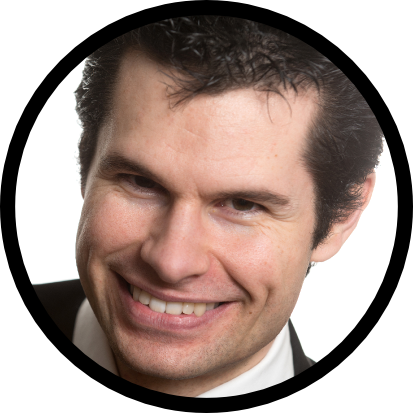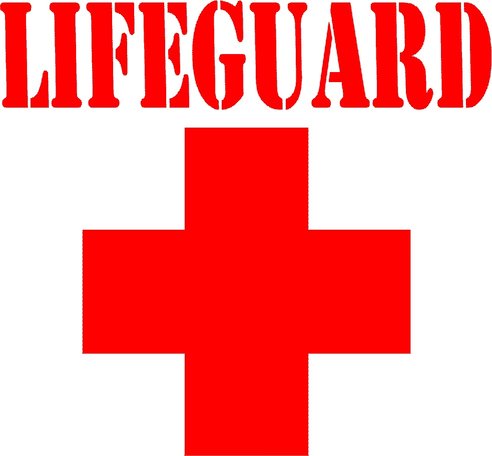I spent the five happiest years of my life in a morgue. As a forensic scientist in the Cleveland coroner’s office I analyzed gunshot residue on hands and clothing, hairs, fibers, paint, glass, DNA, blood and many other forms of trace evidence, as well as crime scenes. Now I'm a certified latent print examiner and CSI for a police department in Florida. I also write a series of forensic suspense novels, turning the day job into fiction. My books have been translated into six languages.
Take all the science courses you can and any kind of forensic-oriented laboratory courses.
That's hard to say because I only know what goes on at my particular agency, and cases are solved in all different ways--by fingerprints, by pawning stolen goods, by eyewitness testimony, through the criminal's use of electronic devices. I think more cases are solved today because there have been advances in all areas, because the world has gotten a little smaller and because the general public is more aware of criminal activity.
As I said above, patience, attention to detail, a tolerance for the more tedious parts of the job, and an affinity for science. A strong stomach helps but I knew guys who were homicide detectives for twenty years and still got queasy at the smell of a dead body, so don't let that stop you.
Just as a guess, it seems to me that molecular biology and sociology are pretty far apart, career-wise. With molecular biology I would expect you to go into DNA or some other kind of specialized analysis--which would be fabulous, but I doubt that you would also be doing crime scenes. My question is, would you like to work mostly in a lab or mostly at crime scenes? If mostly in a lab, then I think you are on the right track. The best way to know is to contact places you would like to work and ask them what their requirements are. Go for a tour if you can. This is also a great way to network and meet people. But most importantly, every agency will have different preferences based on their functions and positions. Best of luck!!
Magician
 What's the most amazing magic trick you've ever seen?
What's the most amazing magic trick you've ever seen?
Geek Squad Agent/Supervisor
 What's the biggest scene a customer's ever made in the store?
What's the biggest scene a customer's ever made in the store?
Lifeguard
 Are most public pools just gross lakes of bodily fluids?
Are most public pools just gross lakes of bodily fluids?
We have worksheets or notebooks that we use to make notes at the scene, and we have worksheets that we sometimes use in the lab if we want to. Then the 'official' report, which is usually fairly simple, is typed into our computer system so that everyone in the department can view results or print it out for the attorneys. It will outline everything we did and any results obtained.
Yes, take all the science classes you can and try to visit local labs to see what the job is really like.
I couldn't tell you the exact chemistry, but it reacts with the iron present in hemoglobin to indicate blood. However it also reacts with other oxidizing agents such as copper and horseradish. Unlike what you see on TV, we don't spray luminol and then use a UV light or some such thing. We make the room as dark as possible, spending a lot of time taping material over windows and door cracks and 'ready' lights, then spray the luminol.or Bluestar. It will glow on its own without any additional equipment, and won't last long. It can be photographed but that's a bit of work. It won't stain or harm anything.
-OR-
 Login with Facebook
Login with Facebook (max 20 characters - letters, numbers, and underscores only. Note that your username is private, and you have the option to choose an alias when asking questions or hosting a Q&A.)
(A valid e-mail address is required. Your e-mail will not be shared with anyone.)
(min 5 characters)
By checking this box, you acknowledge that you have read and agree to Jobstr.com’s Terms and Privacy Policy.
-OR-
 Register with Facebook
Register with Facebook(Don't worry: you'll be able to choose an alias when asking questions or hosting a Q&A.)